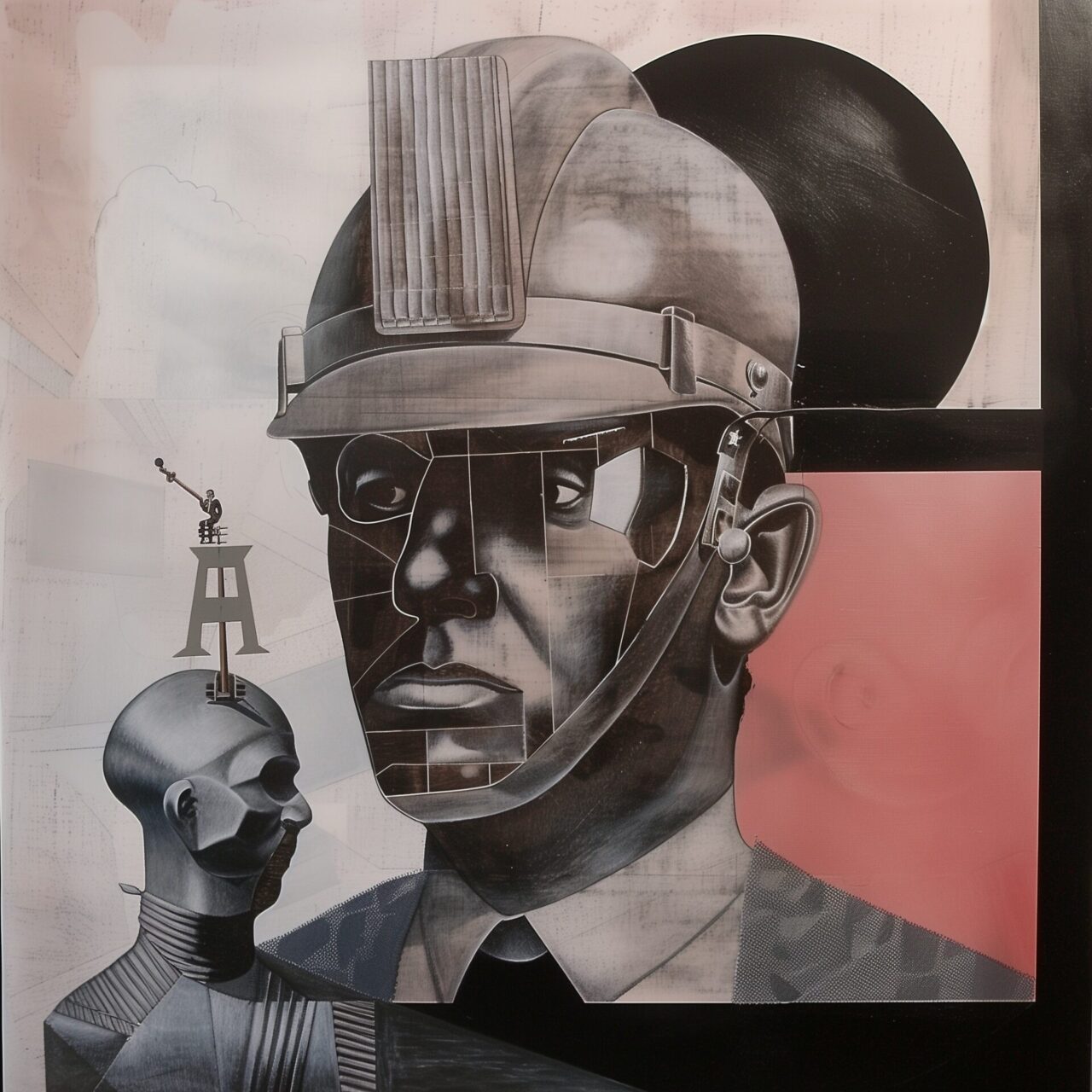
The Stepford Wives
Ira Levin’s “The Stepford Wives” was written in 1972 and offers an oppressive vision of a perfect suburban hell in which women are transformed into subservient robots. This novel is not only a gripping read, but also a profound critique of the women’s movement of the time and the patriarchal structures of society. But how close is this dystopian vision to our reality?
The premise of the novel
Levin’s novel follows Joanna Eberhart, a photographer and young mother who moves with her family to the seemingly idyllic town of Stepford. However, she soon realises that behind the town’s perfect façade lies a dark secret: all the women in Stepford are surprisingly submissive and obsessed with household chores. She discovers that the men of Stepford are replacing their wives with robots that are outwardly indistinguishable from real people.
Technological parallels
The idea that technology could be used to ‘enhance’ or suppress individual personalities is no longer just fiction. In today’s society, technology is used in the form of surveillance, data analysis and even in dating via apps that create personality profiles. These tools could theoretically be used to manipulate or encourage certain behaviours.
Social mirroring
“The Stepford Wives” reflects the fear of the loss of individual freedom, especially in relation to the role of women in society. The 1970s were a time of great social change, with the women’s movement fighting for equality. Levin uses the novel to address the fears and resistance to these changes. Even today, issues such as gender equality and the role of women in society are still hotly debated, giving the book an enduring relevance.

The ethics of perfection
The idea of creating a perfect mate through technological means raises profound ethical questions. In a world where the pursuit of perfection often comes at the expense of human empathy and acceptance of imperfection, “The Stepford Wives” offers a grim warning: what do we lose when we trade the messiness of being human for a shiny facade?
“The Stepford Wives” remains a significant work in literary history, not only for its gripping narrative, but also for its ability to illuminate important social issues. The fears that Levin described almost five decades ago are more relevant than ever at a time when technology is increasingly intruding into our personal lives. The novel challenges us to think about the price of perfection and how much of our humanity we are willing to sacrifice for the comfort of conformity.


